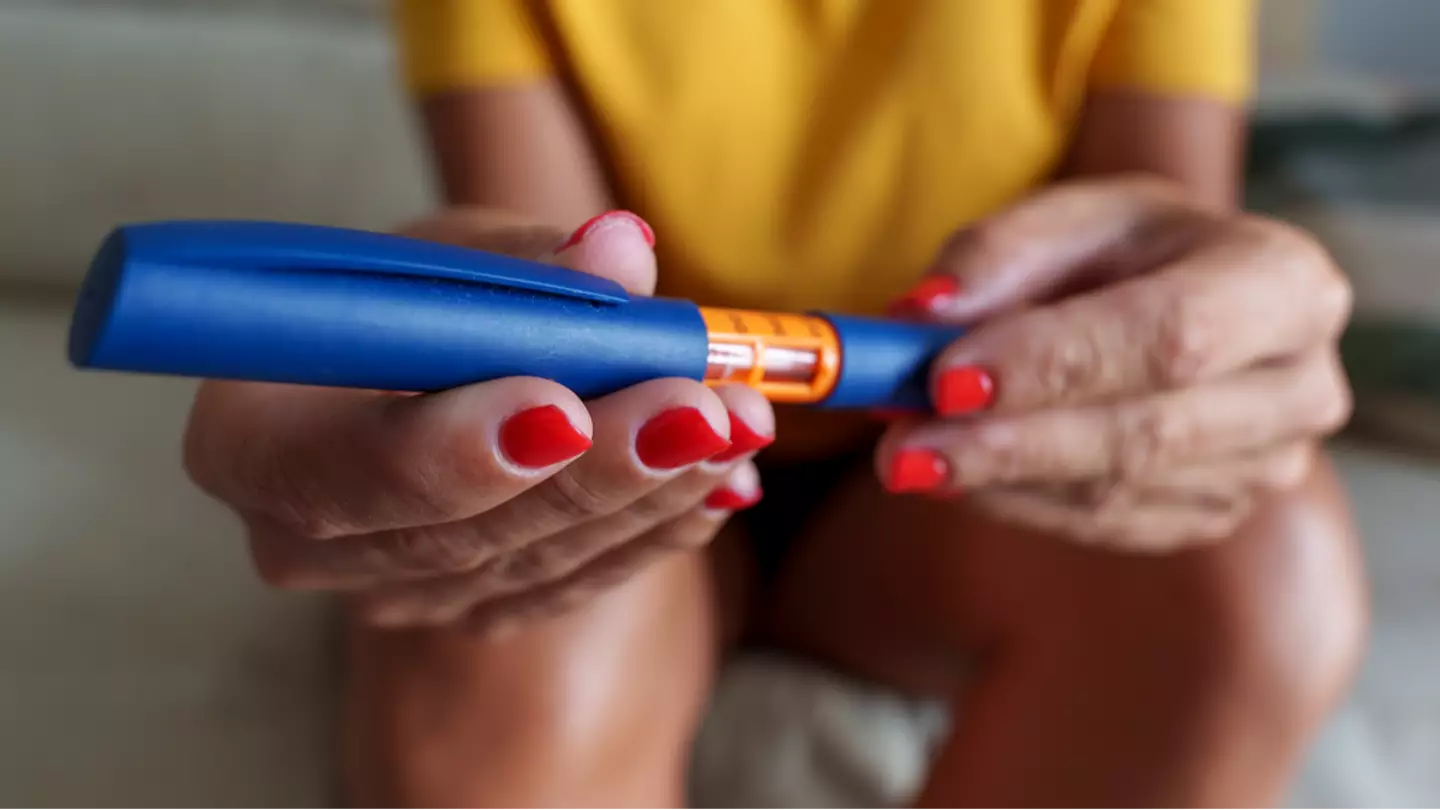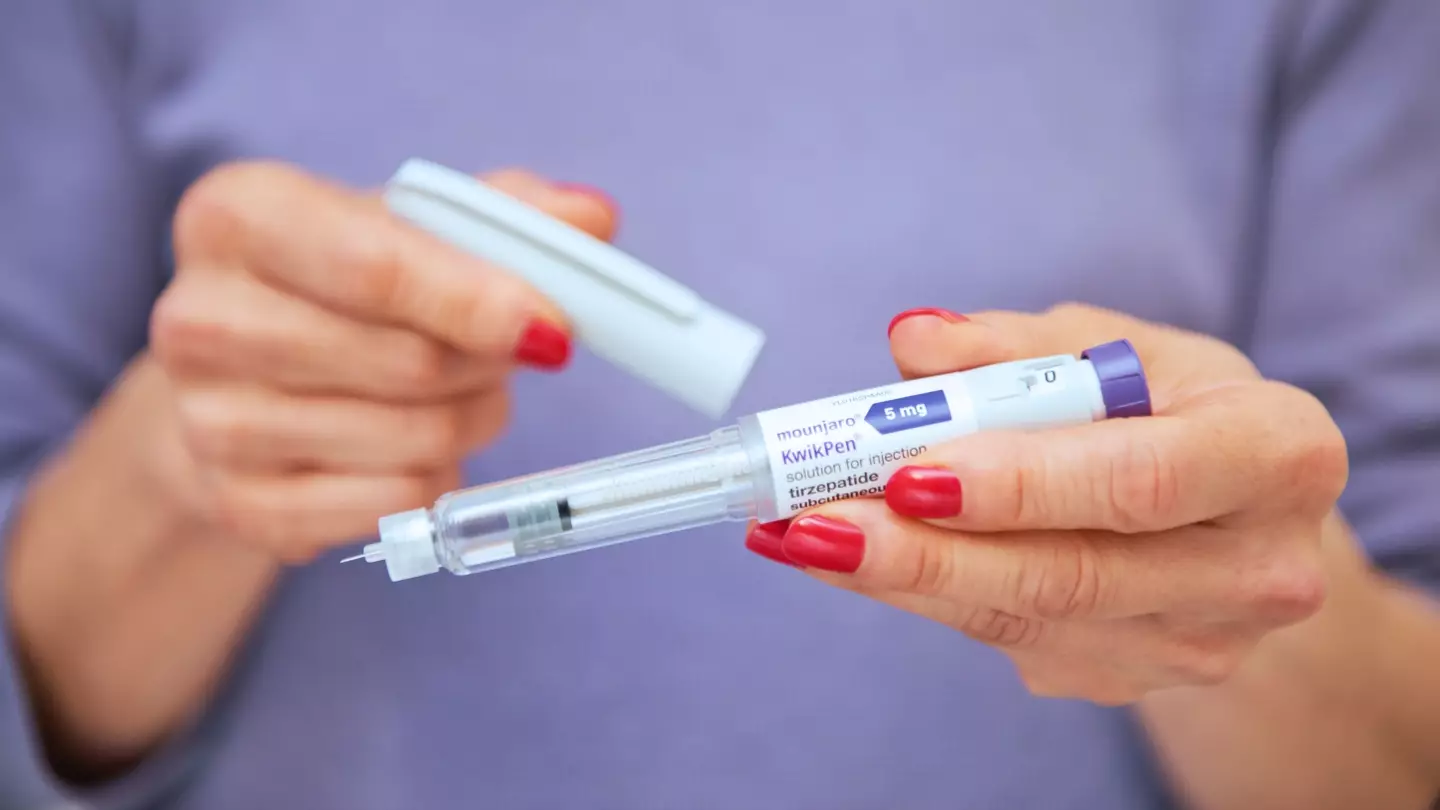A medical professional has highlighted five common mistakes individuals make when discontinuing weight loss injections.
Although Ozempic is primarily used to manage type two diabetes, related GLP-1 medications are becoming popular for weight management.
These medications, such as Mounjaro, Wegovy, and Saxenda, are administered weekly to help in appetite control.
While many have experienced success with these drugs, they are not without potential side effects.
According to the Mayo Clinic, healthcare professionals usually suggest staying on weight loss injections for at least 12 to 24 months.
These medications are not meant for lifelong use, and people often consider stopping them after achieving a healthier weight.
A general practitioner has identified five frequent errors made when ceasing such treatments.

Concerns about the return of food cravings and weight regain are common, but there are measures to mitigate these issues.
Dr. Donald Grant, a GP and Senior Clinical Advisor at The Independent Pharmacy, outlines the five mistakes people make, stating: “Weight loss injections are still incredibly popular, but like any treatment, there’s a correct way to stop.”
Mistakes range from not adjusting diets to abruptly stopping the medication, leading to potential weight gain.
Dr. Grant emphasizes that the sudden reappearance of appetite can lead to unhealthy eating habits and weight gain after stopping the treatment.
To prevent this, he advises individuals to consult with their GP before ending their treatment plans. A healthcare provider can offer guidance on tapering off the medication and provide advice on diet and lifestyle adjustments to help maintain weight once the treatment has concluded.

Dr. Grant suggests establishing a regular exercise routine during the course of weight loss injections if not already done.
Neglecting lifestyle changes can lead to quick weight gain, reversing progress made during treatment, he warns.
He recommends engaging in about 30 minutes of physical activity daily, which could be walking, jogging, cycling, or a brief gym session.
Failing to alter dietary habits is another common reason for regaining weight lost during treatment, Dr. Grant warns.
As appetite changes significantly after stopping the injections, it’s crucial to create a dietary plan with structured meal times to avoid overeating.
He recommends a balanced diet rich in protein, fiber, and healthy fats, rather than resorting to crash diets, to ensure essential nutrients are consumed for overall well-being.

One of the most frequent mistakes is stopping the weight loss treatment prematurely.
“These drugs are designed to be used long-term – not doing so gives the body little time to adapt to the treatment. By adopting the treatment long-term, people can obtain all the benefits while reducing the risk of regaining weight once they come off these injections,” Dr. Grant explains.
If uncomfortable side effects occur, it is crucial to contact a GP immediately.
Dr. Grant also points out the importance of maintaining a healthy relationship with weight management.
Tracking weight after ending treatment can assist in adjusting routines to prevent losing progress.
“Weight loss injections can be expensive, especially when utilised long-term. By monitoring weight closely, people can avoid losing value from the treatments while maintaining a healthier physique.”
Dr. Grant concludes: “Overall, these common mistakes act as a warning to anyone currently thinking about ending their weight loss treatment. While these injections are incredibly effective, not amending lifestyle habits or diet can have massive impacts on progress, often leading to regained weight.”

